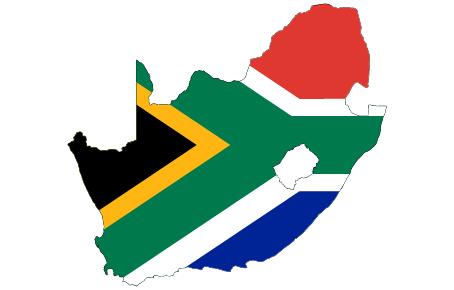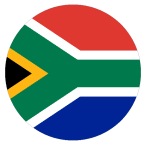According to World Data, there around 23 million people that speak Afrikaans worldwide.
Where is Afrikaans Spoken?
Afrikaans is one of the official languages of South Africa among Venda, English, Northern and Southern Sotho, Swati, Zulu, Tswana, Ndebele, Xhosa and Tsonga. Afrikaans is also spoken in other countries including Botswana, Lesotho, Malawi, Namibia, Swaziland and Zambia.

FACT
‘Afrikaans’ means ‘African’ in Dutch! In fact, the two languages have a lot in common. 90 to 95% of Afrikaans vocabulary is of Dutch origin.
Did you Know?
English has borrowed several words from Afrikaans including “trek”, “wildebeest” (in Afrikaans, ‘wildebees’) and ‘command’ (in Afrikaans, ‘commandeer’).
Dialects
According to Must Go, there are several Afrikaans dialects that have developed due to contact with different immigrant groups and local languages:
• Cape Afrikaans: influenced by the language of Malay slaves.
• Orange River Afrikaans: influenced by the Khoi languages.
• East Cape Afrikaans: developed through contact between Dutch and English settlers.
“Afrikaans is the youngest official language in the world as it was only recognised in 1925 by the South African government.”
4 Easy Phrases in Afrikaans!
| Afrikaans | English |
|---|---|
| Welkom | Hello |
| Lekker dag! | Have a nice day! |
| Dankie Baie dankie | Thank you |
| Hoe gaan dit met jou? (inf) Hoe gaan dit met u? (frm) | How are you? |
| Waarvandaan kom jy? | Where are you from? |
Population vs. Internet Penetration
South Africa Population:
11,193,725
Internet Users:
887,722
Penetration:
7.9%
As of 2020. Source:
www.internetworldstats.com
FACT
In South African prisons, a secret language known as ‘sabela’ is spoken among the prisoners which is based on Afrikaans, but also has influences from Zulu and Xhosa. Released inmates have brought the language out to the general populace.
Afrikaans Translation Tips
- The stress in Afrikaans words are on the first syllable, however there are some exceptions.
- Definite articles in Afrikaans is die and indefinite articles is ‘n.
- Nouns are not marked for gender or case, but for number, instead.
- In the present tense, verbs are not marked for person.
- Word structure in Afrikaans is Subject-Verb-Object.
Are you looking for professional Afrikaans translation services? Get in touch with Pangea Global! We’ll hook you up with one of our professional linguists who will provide you with accurate and reliable Afrikaans localization services, copywriting, voice overs and more!






